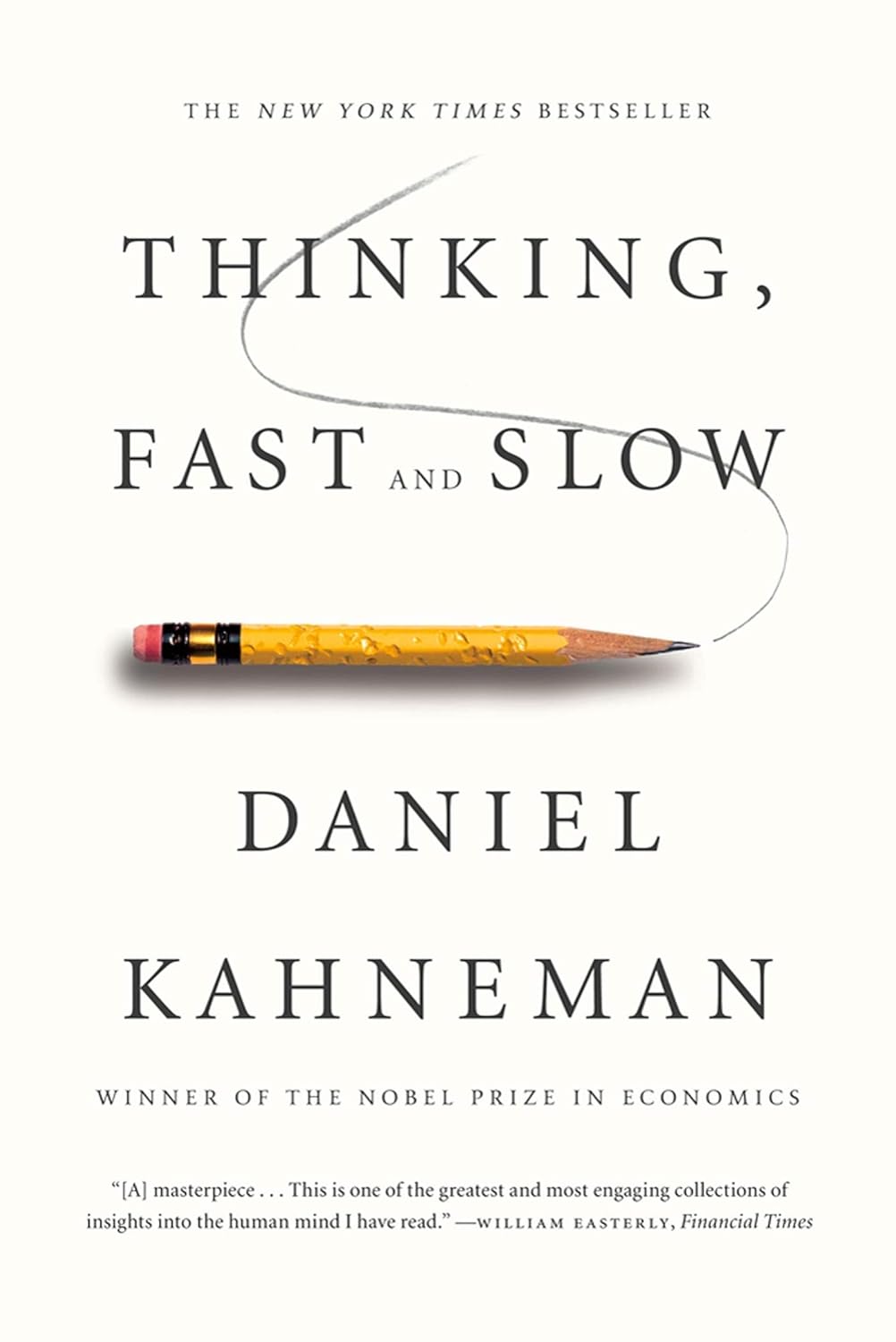How GTM Strategy Enhances Customer Journey in B2B Startups?
Learn how a solid GTM strategy enhances customer journey in B2B startups by streamlining acquisition, improving retention, and boosting personalization.

The success of a B2B startup depends heavily on its ability to attract and retain customers. A well-crafted Go-To-Market (GTM) strategy plays a crucial role in optimizing the customer journey from the first point of contact to post-purchase support. A strong GTM strategy can shape customer interactions, ensuring a seamless experience that enhances both satisfaction and loyalty.
By aligning product offerings, marketing, sales, and customer service through effective GTM execution, startups can meet customer expectations and drive growth. Let’s explore how GTM strategy enhances customer journey in B2B startups.
The Importance of a Clear GTM Strategy
A clear GTM strategy sets the foundation for customer success in any B2B startup. It provides a roadmap for targeting the right audience, ensuring that marketing, sales, and product teams are working toward a common goal. This alignment is essential for an effective customer journey, as it ensures that prospects and customers are receiving consistent messaging and value at every touchpoint.
Without a defined GTM strategy, B2B startups may face fragmented messaging, inconsistent outreach, and misaligned customer experiences. These inefficiencies can negatively impact the customer journey, causing confusion and missed opportunities. A solid GTM strategy eliminates these roadblocks, enhancing customer engagement and satisfaction.
How GTM Strategy Enhances Customer Journey
Streamlining Customer Acquisition
One of the key ways a GTM strategy enhances the customer journey is by streamlining the customer acquisition process. When executed correctly, a GTM strategy aligns the sales, marketing, and customer success teams, ensuring that each department is working toward a unified goal. This eliminates friction in the customer acquisition process and speeds up the time to conversion.
By identifying the right target audience and tailoring marketing efforts to meet their needs, GTM partners can effectively engage potential customers. This targeted approach ensures that customers are nurtured throughout the sales funnel, leading to better conversion rates and a more efficient acquisition process.
Improving Customer Retention with Seamless Communication
Effective communication is critical to a successful customer journey. GTM execution helps ensure that communication with prospects and existing customers remains consistent and relevant. Startups can better understand customer pain points and address them promptly by using data-driven insights and feedback loops.
This consistent engagement helps build trust and strengthens relationships, making customers feel valued throughout their journey. Additionally, fully managed GTM for startups offers an integrated approach, where marketing and sales teams collaborate to maintain a continuous dialogue with customers.
Enhancing Personalization
Personalization is an essential element of the customer journey. A tailored experience helps create a connection between the customer and the brand, fostering loyalty. A good GTM strategy allows startups to collect customer data and use it to personalize interactions. By understanding each customer’s preferences, behavior, and pain points, GTM execution can guide startups in delivering relevant content, offers, and solutions.
Whether through personalized emails, targeted offers, or custom product recommendations, personalization makes customers feel understood and valued. As a result, the overall experience becomes more engaging and satisfying, driving long-term loyalty and repeat business.
Optimizing Post-Sales Support
The customer journey doesn’t end after the sale. Post-purchase support is a critical stage in the customer experience, and a well-implemented GTM strategy ensures that this stage is just as smooth as the acquisition process. Offering exceptional customer support, proactive follow-ups, and educational content can help enhance the post-sales experience.
With GTM partners involved in refining the customer journey, startups can identify potential issues early and resolve them quickly. This reduces churn and ensures that customers remain satisfied with their purchase. Additionally, outbound sales teams can collaborate with customer success teams to provide ongoing value, ensuring that customers achieve the best possible outcomes with the product or service.
The Role of GTM Execution in Enhancing Customer Journey
GTM execution is the process of putting the GTM strategy into action. It’s essential for startups to carefully execute their plan to ensure the customer journey is optimized at every stage. This means aligning all aspects of the business, from product development to marketing, sales, and customer success.
Proper GTM execution requires continuous monitoring and adjustment. By assessing the effectiveness of the strategy in real-time, startups can make data-driven decisions and pivot when necessary. This adaptability ensures that the customer journey remains aligned with changing customer needs, preferences, and market conditions.
Benefits of Outbound GTM Teams
Outbound GTM teams are crucial to creating awareness and driving customer acquisition in the B2B space. These teams focus on reaching out to potential customers through various channels, such as cold emails, calls, and targeted outreach. By using a strategic approach to engage prospects, outbound GTM teams play an essential role in shaping the early stages of the customer journey.
Outbound sales teams, with their deep understanding of the target market, can engage potential customers in meaningful conversations, provide relevant solutions, and guide them through the decision-making process. This proactive outreach, backed by data from the GTM strategy, ensures that customers are reached at the right time with the right message, improving overall conversion rates.
How Startup Acceleration Benefits from GTM Strategy
For B2B startups, growth and scalability are often the primary objectives. Startup acceleration programs help achieve this by providing resources, mentorship, and funding. A well-executed GTM strategy aligns with these acceleration efforts by ensuring that the startup has a clear plan to go to market efficiently.
With the right GTM partners and a solid execution plan, startups can accelerate their time to market, refine their offerings, and scale rapidly. This leads to faster customer acquisition, retention, and ultimately higher revenue growth. GTM execution supports startups in identifying and capitalizing on opportunities, ensuring they stay ahead in competitive markets.
Conclusion: The Impact of GTM Strategy on the Customer Journey
In conclusion, a well-defined GTM strategy is key to enhancing the customer journey in B2B startups. It streamlines customer acquisition, improves retention, boosts personalization, and ensures seamless post-sales support. By effectively executing the strategy and utilizing the expertise of GTM partners, outbound GTM teams, and sales teams, startups can create a customer journey that drives long-term growth.
The importance of having a robust GTM strategy cannot be overstated. A strategically aligned approach not only optimizes the customer journey but also accelerates startup success, ensuring that customers are satisfied at every stage of their experience.











































































































![Building A Digital PR Strategy: 10 Essential Steps for Beginners [With Examples]](https://buzzsumo.com/wp-content/uploads/2023/09/Building-A-Digital-PR-Strategy-10-Essential-Steps-for-Beginners-With-Examples-bblog-masthead.jpg)















![How to Use GA4 to Track Social Media Traffic: 6 Questions, Answers and Insights [VIDEO]](https://www.orbitmedia.com/wp-content/uploads/2023/06/ab-testing.png)


































